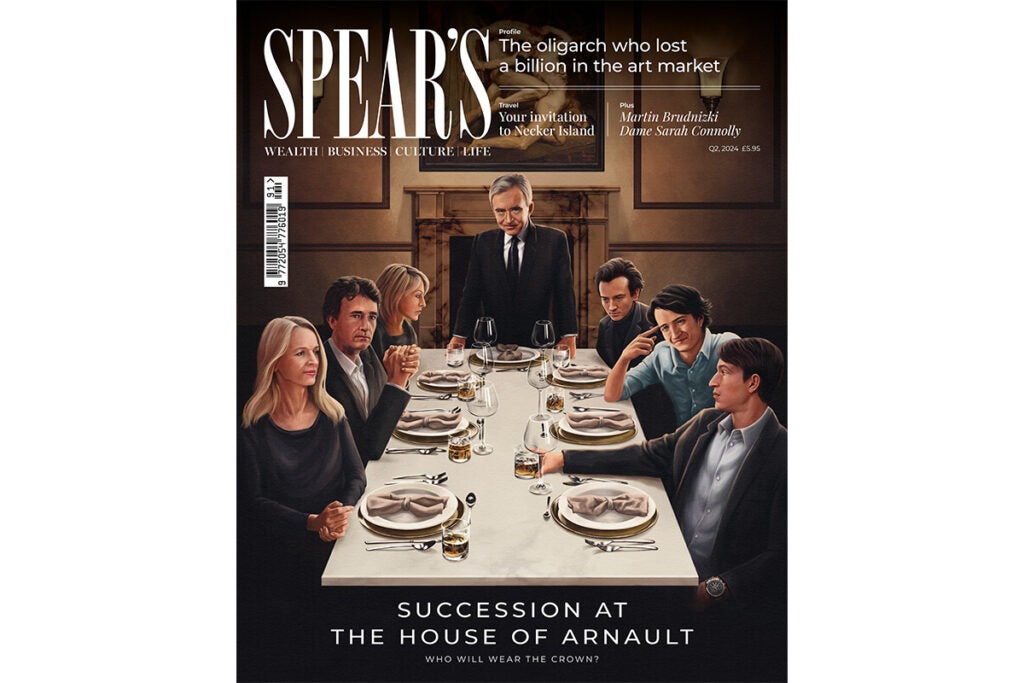
How good are you at your job? For 20 years, wealth managers working with private clients have had an answer to that question. Whether or not they agree with the answer, however, is another matter. That’s because since 2003 Asset Risk Consultants has been publishing its ARC private client indices, which provide benchmarks for the performance of private client portfolios.
Just 24 wealth managers participated the first time, but ARC now aggregates data from more than 350,000 wealth manager portfolios, from more than 140 firms. Contributors include the likes of Cazenove, Waverton and Charles Stanley.
The firms’ portfolios are bundled into four different risk categories: (from least to most volatile): ‘cautious’, ‘balanced asset’, ‘steady growth’, and ‘equity risk’. This, ARC believes, allows for fairer comparisons. Cautious portfolios tend to contain around 35-55 per cent equities, while equity risk portfolios typically contain more than 75 per cent.
[See also: ARC: The company so good their client bought them out]
ARC’s data shows that £1 million invested at the end of 2003 in an average ‘steady growth’ portfolio, which has around 60-80 per cent exposure to equities, would have almost tripled in value to £2.95 million at the end of 2023. When accounting for inflation, ARC’s steady growth wealth managers gained average annualised real returns of 2.7 per cent (nominal returns were 5.6 per cent).
But there is significant variation in how the managers performed. In the steady growth group, a ‘top-quartile’ portfolio would be worth at least £3.4 million now, while a bottom-quartile portfolio would be worth less than £2.8 million.
Peer-to-peer comparsion
The beauty of the ARC indices, according to its CEO Stephen McMahon, is that it allows private clients to understand how well their providers are performing compared to their peers, even though those peers might be operating in different ways.
‘If I have two managers who I’ve asked to do very different things, how do I cross-compare those?’ McMahon asks rhetorically when Spear’s meets him at ARC’s Holborn offices, where most of the 74-strong team are based (others are in Guernsey and Jersey). ‘The reality is you can take in quite disparate data and provide a common analysis to it. There’s unbelievable power in big data.’
Paul Kearney, who joined as ARC’s managing director in 2021 after serving as head of private banking at Kleinwort Hambros, says: ‘We’re asking each manager to give us their best return for the risk we’ve given them. Whether or not they’ve chosen to invest in ETFs, or fund of funds, or single stocks, or gone all in on commodities, the beauty of the indices is that we don’t care – each firm is giving their best investment thesis.’
[See also: Choosing the right private client wealth management for you]
Risk in portfolios is worked out based on the historical volatility of a portfolio’s assets – and is then compared to the risk of holding equities. While investment convictions are firmly left out of the equation, McMahon says ARC’s data analysts become pretty familiar with what each manager is up to. ‘They can look at a performance series and can guess which manager it is and probably get it right,’ he says.
The quarterly data sets are freely available to anyone via the ARC website and app. Portfolios are anonymised, but private clients can compare their own provider with the rest of the field. ‘There’s a great disparagement of average returns, but for most of us, average is fine,’ notes McMahon.
A bird’s-eye view of the market
The incentive for the wealth management firms to provide their data, according to Kearney, is the ‘quid pro quo’ that allows them to gain a bird’s-eye view of the market and to understand how they compare with the competition.
McMahon says he is ‘aware that certain people would say that ARC is a little too quantitatively minded’. The softer aspects of the relationships many UHNW advisers seek to develop with families aren’t reflected in the ‘returns versus risk’ equation of the indices.
While ARC does not charge users to access the headline figures from its indices, it does generate revenue from in-depth consulting with 150 of the world’s wealthiest families, who McMahon says have an average of £80 million in ‘assets under advice’. Above a level of £15-20 million, he says, UHNWs are dealing with the complexities of having multiple wealth managers – and when working with these family clients, he says they attempt to get under the bonnet with their asset allocations and ‘fee data’ in a ‘much more granular’ fashion.
He says he remembers one long-standing client telling him that ARC was not able to ‘quantify loyalty’. ‘I turned to him and said, “I actually disagree. I can quantify loyalty precisely. Your loyalty to this manager has cost you £747,000 over the last 18 months. Now, my question to you is: is that OK?”’
Despite the warnings on financial advertisements in the UK that ‘past performance does not guarantee future results’ (in the US the SEC insists firms go so far as to say past performance is not even ‘indicative’ of future results), ARC and its representatives understandably argue that there are reasons to believe that historical performance data has value. ‘Top-quartile managers have tended to spend more than half the time in the top quartile,’ the company has previously said in a statement outlining its position. ‘That general result is mirrored for bottom-quartile managers.’
ARC and its indices are ‘not perfect’, adds McMahon, but ‘[we] love it’. At any rate, its data will continue to be pored over by wealth managers and their private clients for many years to come.
This feature first appeared in Spear’s Magazine: Issue 91. Click here to subscribe







